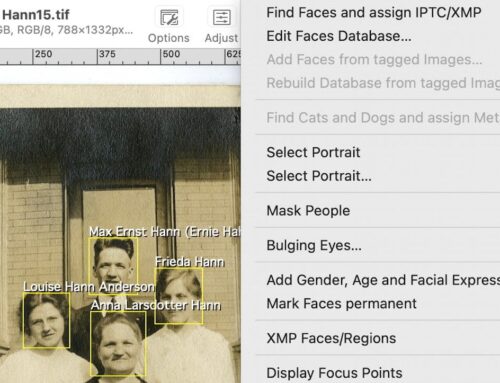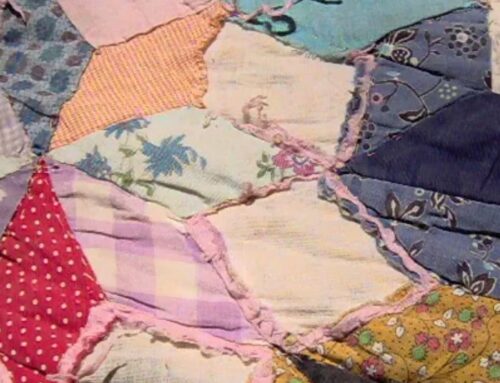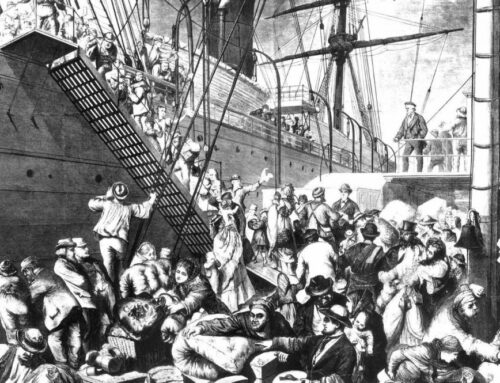
As part of this celebration, this retired archivist and Sassy Jane are featuring five posts this week on preserving your family history papers, photographs, and data. The blog posts will be by record type, so let’s get to today’s post. These can be challenging resources to work with, given the multiple formats over time and varied storage media. Let’s get started on today’s post.
Preservation Week 2014 Home Movies
For Film, Sassy Jane recommends:
- Store film in a stable environment in their canisters or boxes. No attics, no basements, no garages where the temperature and humidity cycle constantly.
- Steer clear of environments with exhaust, paints, or other chemical fumes. Avoid light and dust.
- Keep magnets (including the ones in cell phones and stereo speakers) away from films with magnetic soundtracks.
- Avoid storing near heating vents or on shelves that get direct sunlight.
- Retain original film even after you transfer it to another format.
- Dont’ forget Home Movie Day, a national celebration to help you preserve your motion pictures.
Copying film home movies to DVDs is fine, but don’t expect that new digital copy to last forever. Copying does not equal preservation. Original films (and the equipment required to view them) can long outlast any version on VHS tape, DVDs, or other optical media. Not only that, but contrary to the stereotype of the faded, scratched, and shaky home movie image, the original films are often carefully shot in beautiful, vibrant color—which may not be captured in a lower-resolution video transfer.
Film Forever is an excellent resource. The Home Film Preservation Guide includes tips on how to preserve your home movies on a budget. Regarding DVD copies, they note:
The primary benefit of having film transferred to videotape is that video allows convenient access to your films without subjecting the originals to any potential damage. However, we do not suggest you should present your film only on video. Watching film is as important as preserving it. It is important not to consider video transfer “preservation”. If your film is old and shrunken, be aware that not all film to video transfer houses are equipped to deal with it. Although more expensive, a sprocket-less drive telecine will be less likely to do damage to your shrunken film than a process which employs sprockets. Shop around and explain your requirements to any outfit you are considering sending your film to.
For Video, Sassy Jane recommends:
The human rights organization, witness.org, has published The Activists’ Guide to Archiving Video, which is so well done it’s been featured at The Signal, the digital preservation blog at the Library of Congress. So if you’re wondering how to take care of those video interviews with your relatives, this guide is very helpful. Read more about it here. Transferring VHS and other video home movies to DVDs is fine, but again, don’t expect that new digital copy to last forever.
That’s it for today’s Preservation Week 2014 Home Movies post. See you tomorrow with a new Preservation Week tip.





Leave a Reply